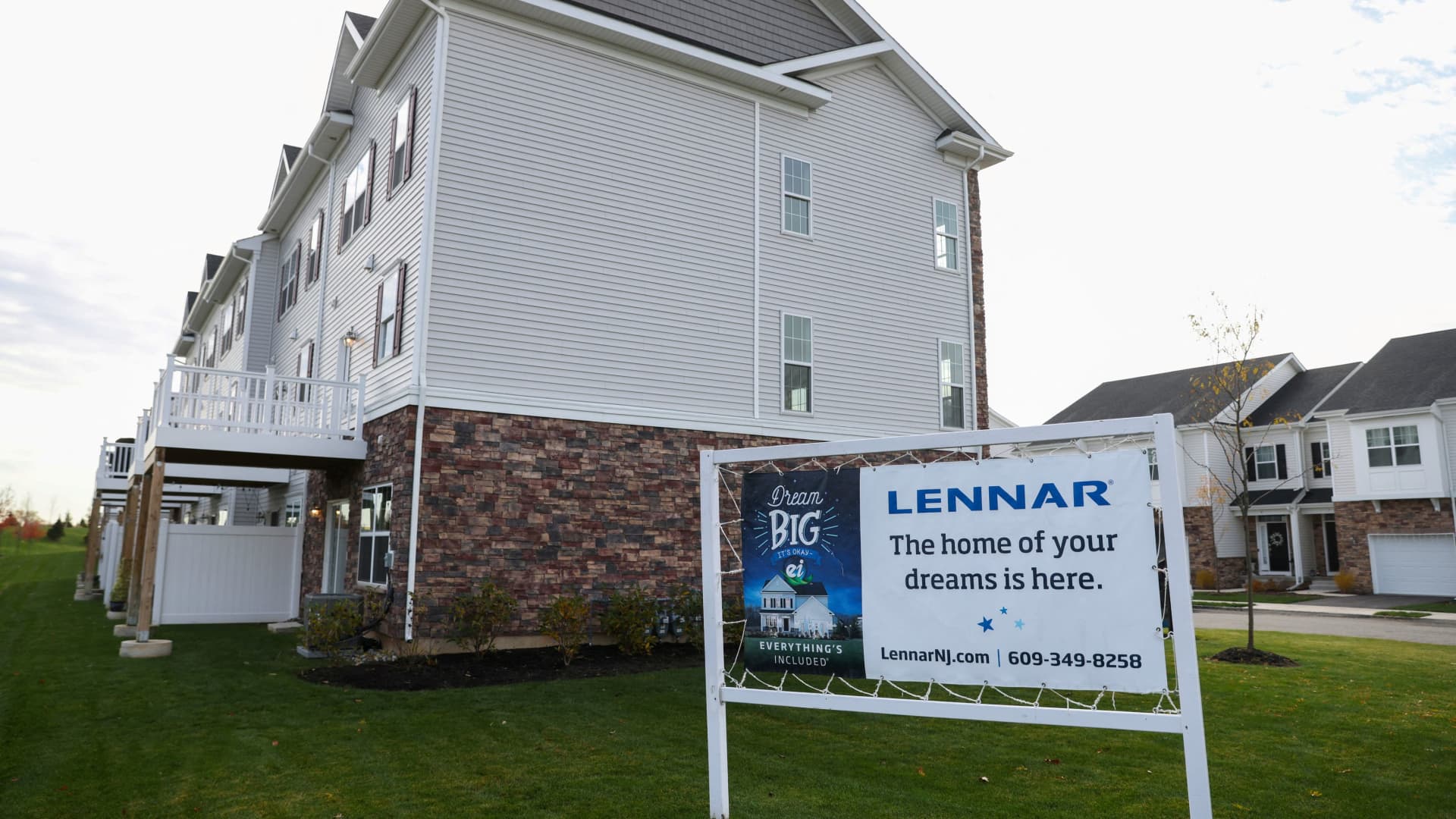Mortgage rates last week rose for the sixth straight week, causing demand for home loans to drop to the lowest level since 1995.
Total application volume fell 6.9% compared with the previous week, according to the Mortgage Bankers Association’s seasonally adjusted index.
The average contract interest rate for 30-year fixed-rate mortgages with conforming loan balances ($726,200 or less) increased to 7.70% from 7.67% and points decreased to 0.71 from 0.75 (including the origination fee) for loans with a 20% down payment. That is the highest rate since November 2000. The rate was 6.94% during the same week one year ago.
Applications for a mortgage to purchase a home dropped 6% week to week and were 21% lower than the same week one year ago.
Applications to refinance a home loan fell 10% for the week and were 12% lower than a year ago.
“Both purchase and refinance applications declined, driven by larger drops for conventional applications,” said Joel Kan, vice president and deputy chief economist at the MBA, in a release. He added that the adjustable-rate mortgage (ARM) share was 9.3%, the highest share in 11 months.
ARMs offer lower rates and can be fixed for up to 10 years before the rate resets. More borrowers are turning to these loan products to gain purchasing power, as both interest rates and home prices are rising.
Mortgage rates moved even higher to start this week, with the 30-year fixed hitting 7.92% on Tuesday, according to Mortgage News Daily. That is a cyclical high. The increase was due to a much stronger-than-expected monthly retail sales report.
Don’t miss these CNBC PRO stories:
- This bank just hiked its 1-year CD rate to a fresh high
- A low-cost way to protect against an S&P 500 drawdown as risks escalate
- How to invest $1 million for the next decade, according to private bankers and wealth advisors
- This highly profitable industry is booming as the population ages
- Bank of America sees risks for employers as insurance coverage of weight loss drugs grows
